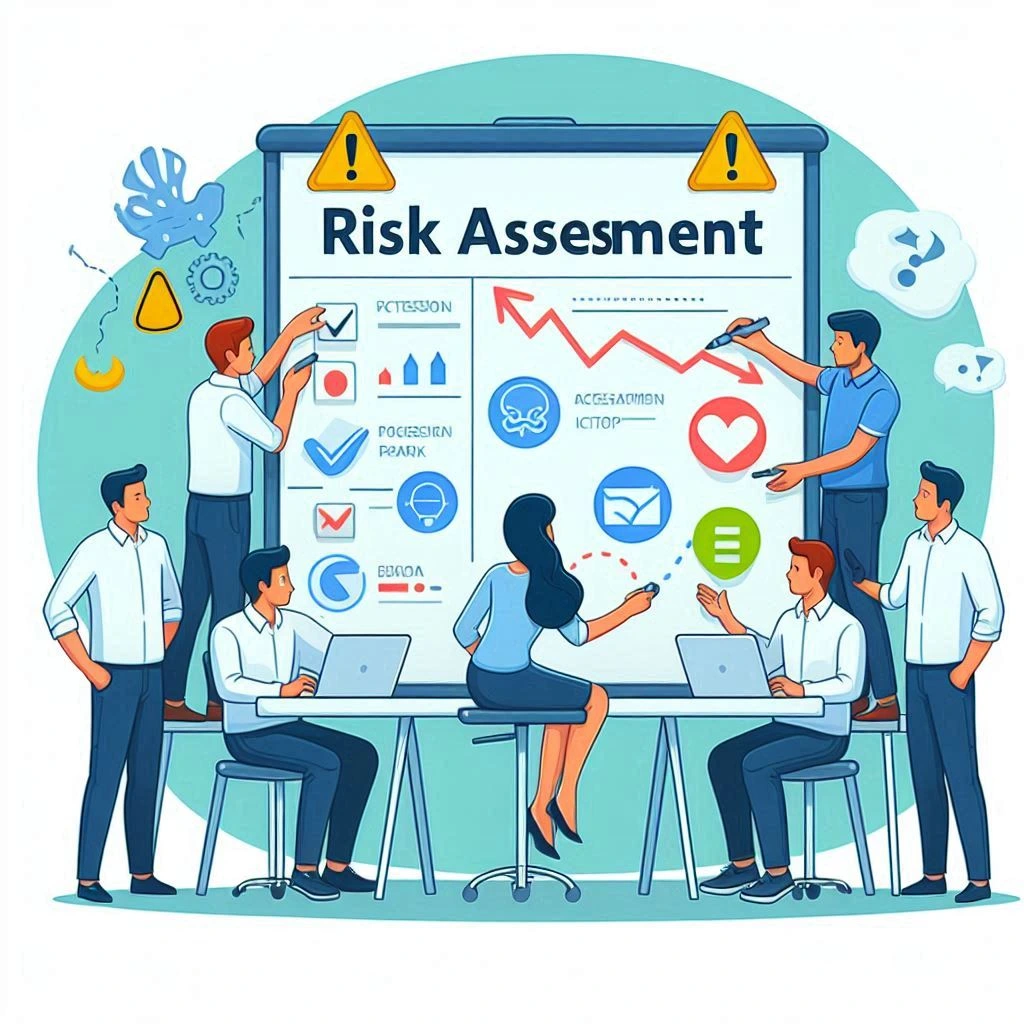Internal auditing is an independent, objective assurance and consulting activity designed to add value and improve an organization’s operations. It brings a systematic, disciplined approach to evaluate and enhance the effectiveness of risk management, control, and governance processes. Internal auditors assess various aspects, including emerging technologies, global issues, ethics, quality, economy, and efficiency. Their goal is to ensure that internal controls are adequate to mitigate risks and that governance processes are effective and efficient. In summary, internal audit plays a crucial role in helping organizations achieve their objectives by ensuring effective risk management, strong controls, and sound governance processes.

From Compliance to Innovation The Sigma Mindset in Internal Audit
Introduction to the Sigma Mindset In the evolving landscape of internal auditing, the traditional focus on compliance is increasingly being challenged by the need for innovation and strategic value creation.…

Creating a Dynamic Operational Risk Assessment Template for Agile Organizations
Introduction to Operational Risk Assessment Organizations are increasingly exposed to a variety of operational risks that can impact their performance and sustainability. Understanding and managing these risks is crucial, especially…

SOC for Cybersecurity vs SOC 2 Which Provides Better Risk Management Solutions
Introduction Organizations are increasingly turning to structured frameworks to bolster their cybersecurity measures and ensure compliance with industry standards. One such framework is the System and Organization Controls (SOC), which…

Adapting Your Operational Risk Assessment Template for Remote Work
Introduction Operational risk is a critical concept that refers to the potential for loss resulting from inadequate or failed internal processes, people, systems, or external events. This type of risk…

Cultivating a Culture of Positive Internal Control Strategies for Success
Introduction In today's complex business environment, the significance of positive internal control cannot be overstated. Positive internal control refers to the systems and processes that organizations implement to ensure the…

Best Practices for Conducting an ISO 27001 Audit
Introduction to ISO 27001 Auditing In today's digital landscape, where information security threats are increasingly prevalent, organizations must adopt robust frameworks to safeguard their sensitive data. One such framework is…

Best Practices for Creating Leadership Standard Work Templates in Internal Audit
Introduction The establishment of clear and effective leadership standard work templates is crucial for ensuring consistency and efficiency in processes. These templates serve as structured guides that outline the responsibilities,…

Can You Become a CPA Without an Accounting Degree Exploring the Pathways
Introduction The designation of Certified Public Accountant (CPA) stands as a hallmark of professionalism and expertise. A CPA is not just a credential; it signifies a commitment to high standards…

Auditing Fundamentals What Every Auditor Should Know
In today's complex and ever-changing business landscape, auditing plays a vital role in ensuring organizational transparency, accountability, and good governance. As a crucial function that provides stakeholders with an independent…

Unlocking the 5 C’s of Effective Internal Auditing
In the rapidly evolving business landscape, internal auditing stands as a critical pillar that ensures not only compliance but also the operational excellence of an organization. As businesses grow and…









